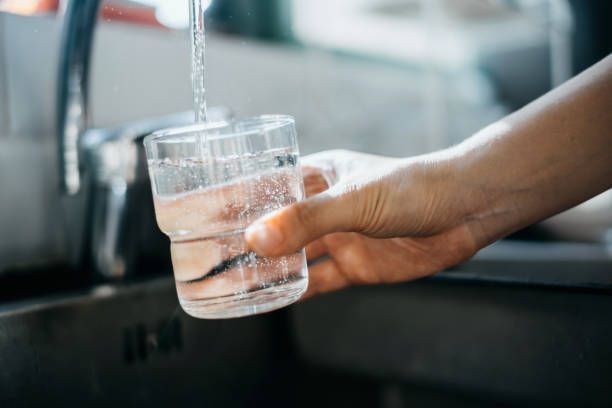Well Water Safety When You Have a Private Water Supply
Protect Your Home With a Well Water Filtration System
Installing a well water filtration system is one of the smartest and most effective investments you can make to safeguard your home’s water supply. These advanced systems are specifically engineered to remove a wide range of harmful contaminants such as bacteria, sediment, iron, and even naturally occurring elements like arsenic that can compromise water quality. By choosing a high-quality well water filtration system in Bethlehem, PA, you ensure that every drop of water flowing through your taps is crystal-clear, safe, and tastes fresh, eliminating the need for costly bottled water or frequent, time-consuming maintenance. Beyond just improving taste and clarity, it offers lasting peace of mind knowing your family’s health is protected with every glass they drink.
Beyond safety, a well water filtration system helps extend the life of your plumbing, appliances, and fixtures. Clean water means fewer clogs, less mineral buildup, and reduced wear and tear on everything from your water heater to your washing machine. At Keystone Pump & Well Service, we specialize in custom filtration solutions that are tailored to the specific needs of your well and property, and with unmatched quality in every job. Don’t wait until there's a problem—invest in your water quality today. Contact Keystone Pump & Well Service to schedule your consultation and protect your well water with a top-tier filtration system!
Is Your Water Safe to Drink?
Did you know that private water wells that serve less than 25 people are NOT REGULATED BY THE EPA?
Residential well owners must maintain the safety of their own drinking water.
Whether You Are New to Private Wells or Have Never Paid Much Attention to Yours,
Understanding Water Well Basics Is Critical to Maintaining a Safe Source of Drinking Water for Your Family.
Where Does Well Water Come From?
When it rains, much of the rainwater is absorbed into the ground. Water that is not absorbed continues to flow into the earth until it reaches rock, and it becomes trapped in these aquifers. This is the water that comes from drilled wells.
How Do I Know if the Water From My Well Is Safe?
Without proper maintenance and record-keeping, many contaminants can enter well water. Pollution from seepage of septic tank failures, underground fuel tanks, fertilizers and pesticides, and other system failures can impact the quality of your well water.
Who Checks for Water Contamination?
As a private well owner, you need to contact a qualified professional to test and evaluate your private well water supply. Specialized tests will determine the best method of treating the water to ensure your safety. We perform regular well maintenance services, including water testing and water treatment services.
How Serious Is Well Water Safety?
You may have heard of the Flint, Michigan, or Jackson, Mississippi, water crises. And we’ve all heard that you shouldn’t drink tap water when traveling. Even public water systems experience trouble keeping water safe for consumption. As a residential well owner, you are solely responsible for the quality of your drinking water. Health problems related to contaminated water run the gamut from gastrointestinal distress to reproductive issues. Immumo-compromised individuals are at an increased risk. Elevated levels of lead have led to ongoing health concerns for pregnant women and young children.
How Can I Prevent Water Contamination in the First Place?
There are a variety of methods to both prevent and treat well water safety issues. We will discuss your options to determine the most effective methods for your individual situation. Well, location, contaminant history, and geological factors all affect your decision. We use Lancaster Water Group treatment systems, known for quality and technical expertise; we can install your new system or repair any brand of existing system, if possible.







